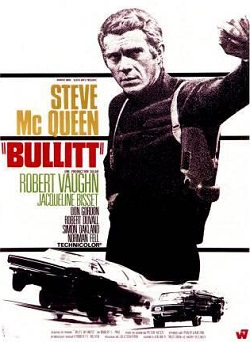As evidenced by Robert Bresson‘s 1962 Joan of Arc film, The Trial of Joan of Arc, the actual interrogation and testimony of Joan are fascinating in what is an always harrowing story. It makes the Church look bad while Joan is an enduring but also vulnerable Christian. Florence Delay, slight and not unattractive, does not really act in the part of Joan, but has been directed by Bresson for his purposes. This is par for the course. With its threatening air and spare power, this is, I believe, one of Bresson’s best pictures. Currently available on Max.
(In French with English subtitles, and in English)




